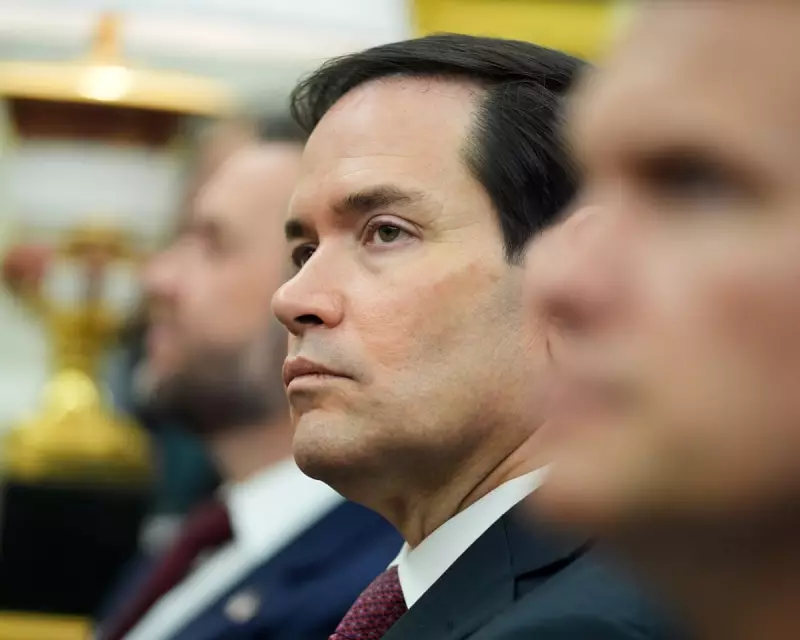
Republican Senator Marco Rubio finds himself at the centre of a growing political storm as the Israel-Hamas conflict continues to dominate international discourse. The Florida lawmaker's position on potential ceasefire agreements has drawn both support and sharp criticism from across the political spectrum.
Navigating Complex Diplomatic Waters
As violence persists in Gaza, Rubio has maintained a carefully calibrated stance that reflects the delicate balancing act facing many US politicians. His comments come amid intensified diplomatic efforts to broker a lasting peace agreement between the warring parties.
The senator's approach appears to prioritise Israel's security concerns while acknowledging the humanitarian crisis unfolding in Gaza. This positioning has placed him squarely in the crosshairs of activists and political opponents who demand more decisive action.
Political Fallout and Party Dynamics
Within Republican circles, Rubio's handling of the situation is being closely watched. The conflict has exposed deepening fissures within the party regarding foreign policy direction and America's role in Middle Eastern affairs.
Meanwhile, Democratic critics have seized upon what they characterise as "insufficient urgency" in addressing civilian casualties and humanitarian needs in the conflict zone. The political temperature continues to rise as casualty figures mount and international pressure intensifies.
Broader Implications for US Foreign Policy
The ongoing debate around Rubio's position reflects larger questions about America's diplomatic strategy in the region. As one of the most prominent voices on foreign affairs within the Republican party, his evolving stance could signal broader shifts in US policy orientation.
With ceasefire negotiations experiencing repeated setbacks, the political stakes continue to escalate for all parties involved. The situation remains fluid, with diplomatic channels working overtime to find common ground between the conflicting positions.





